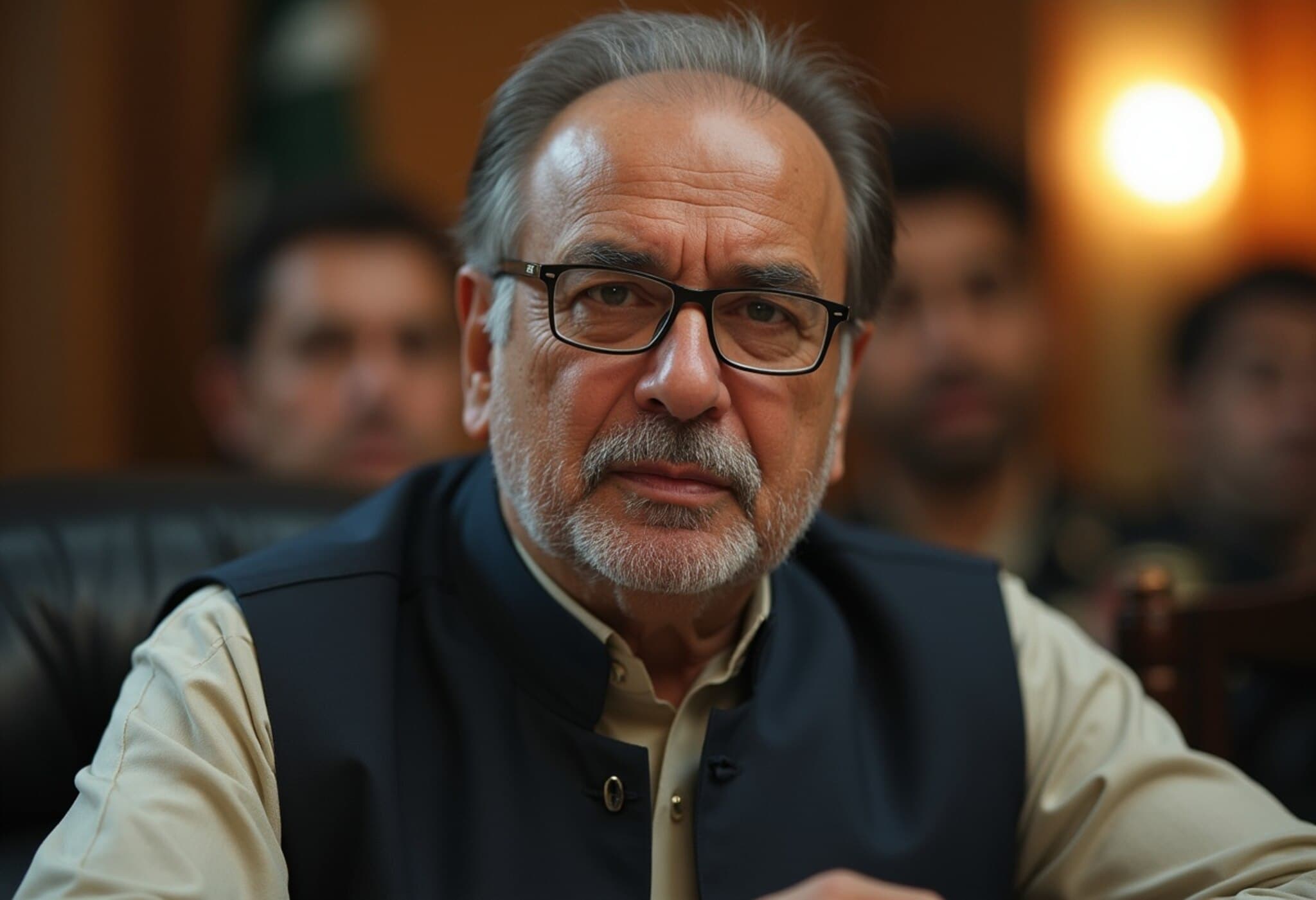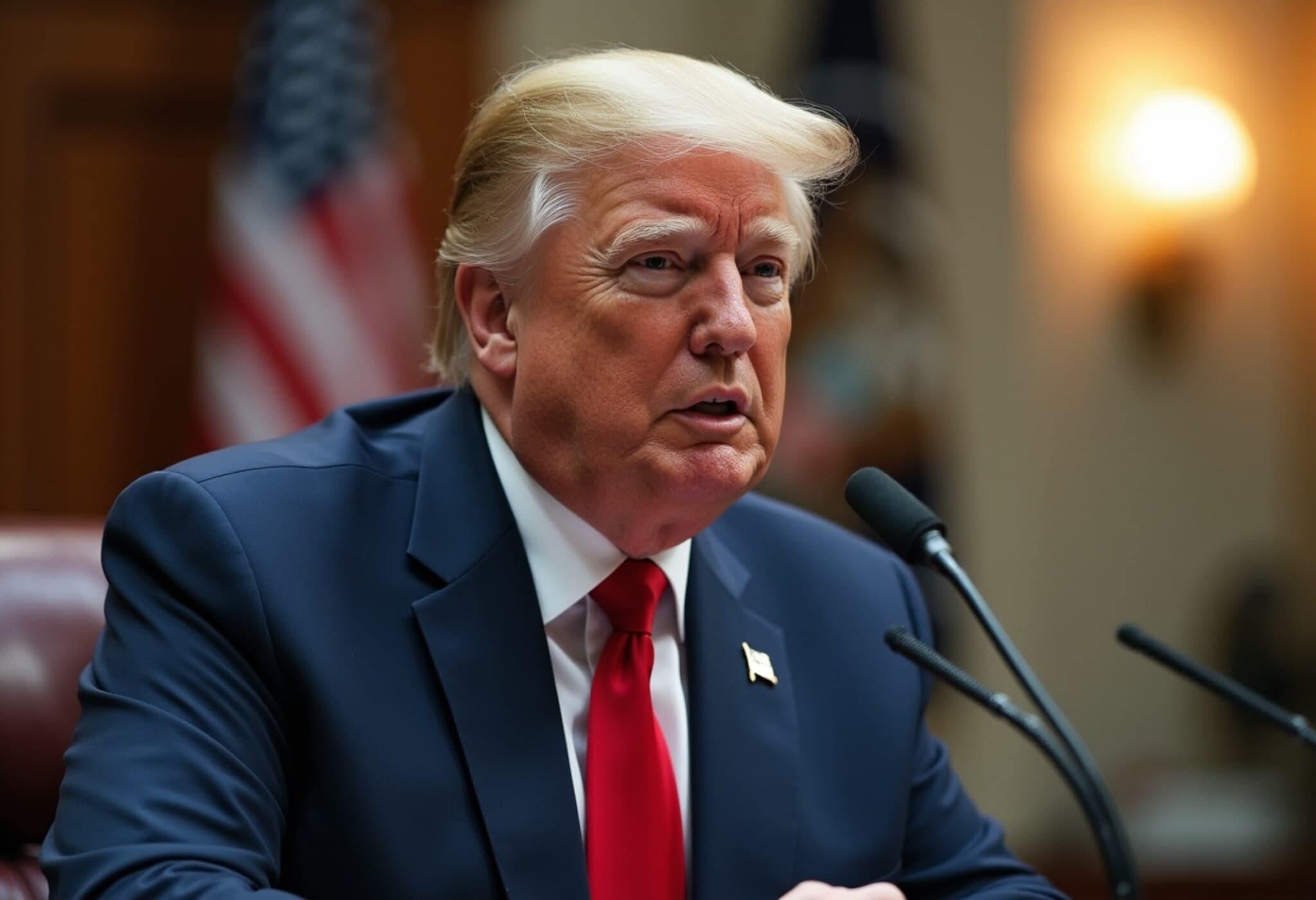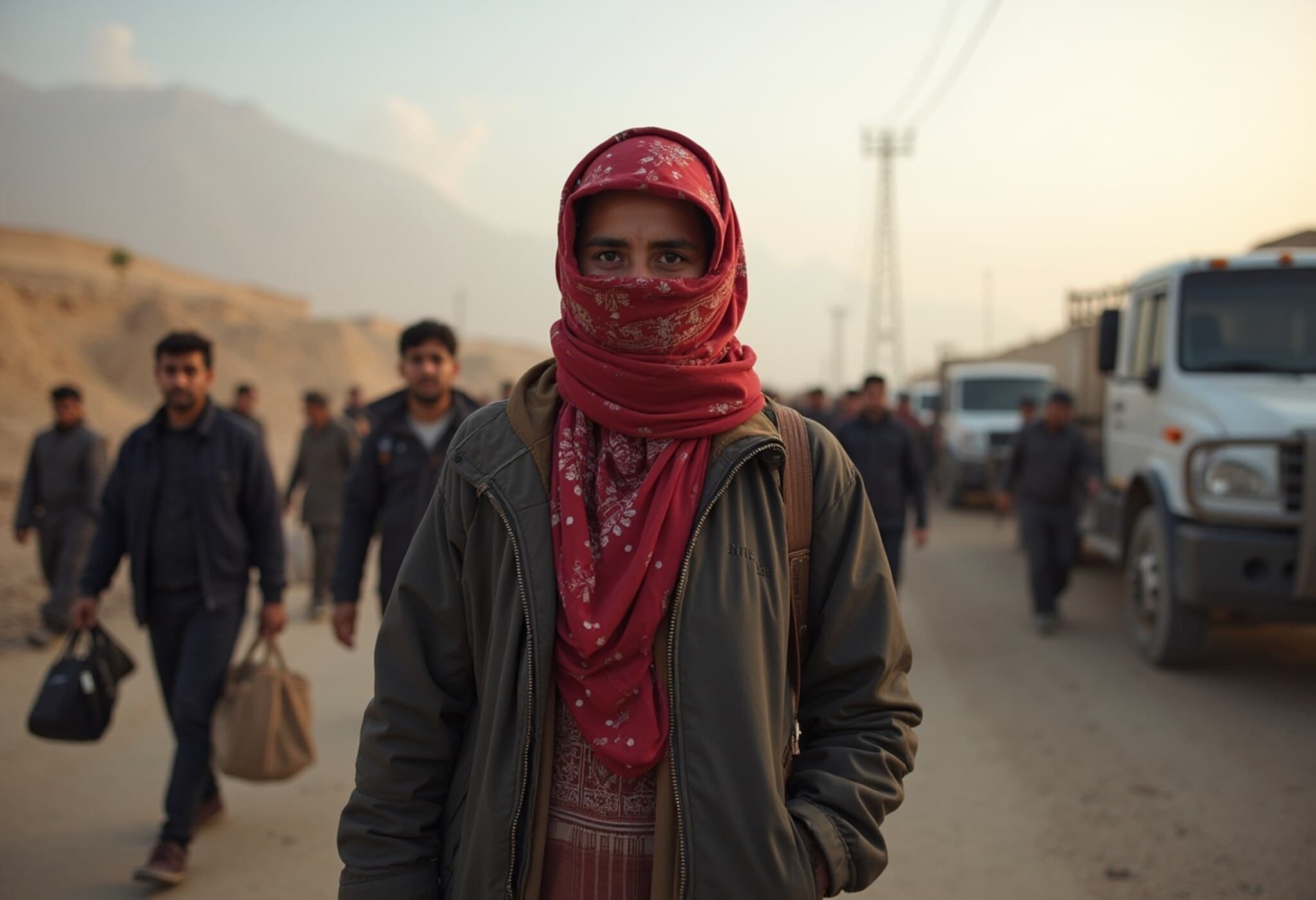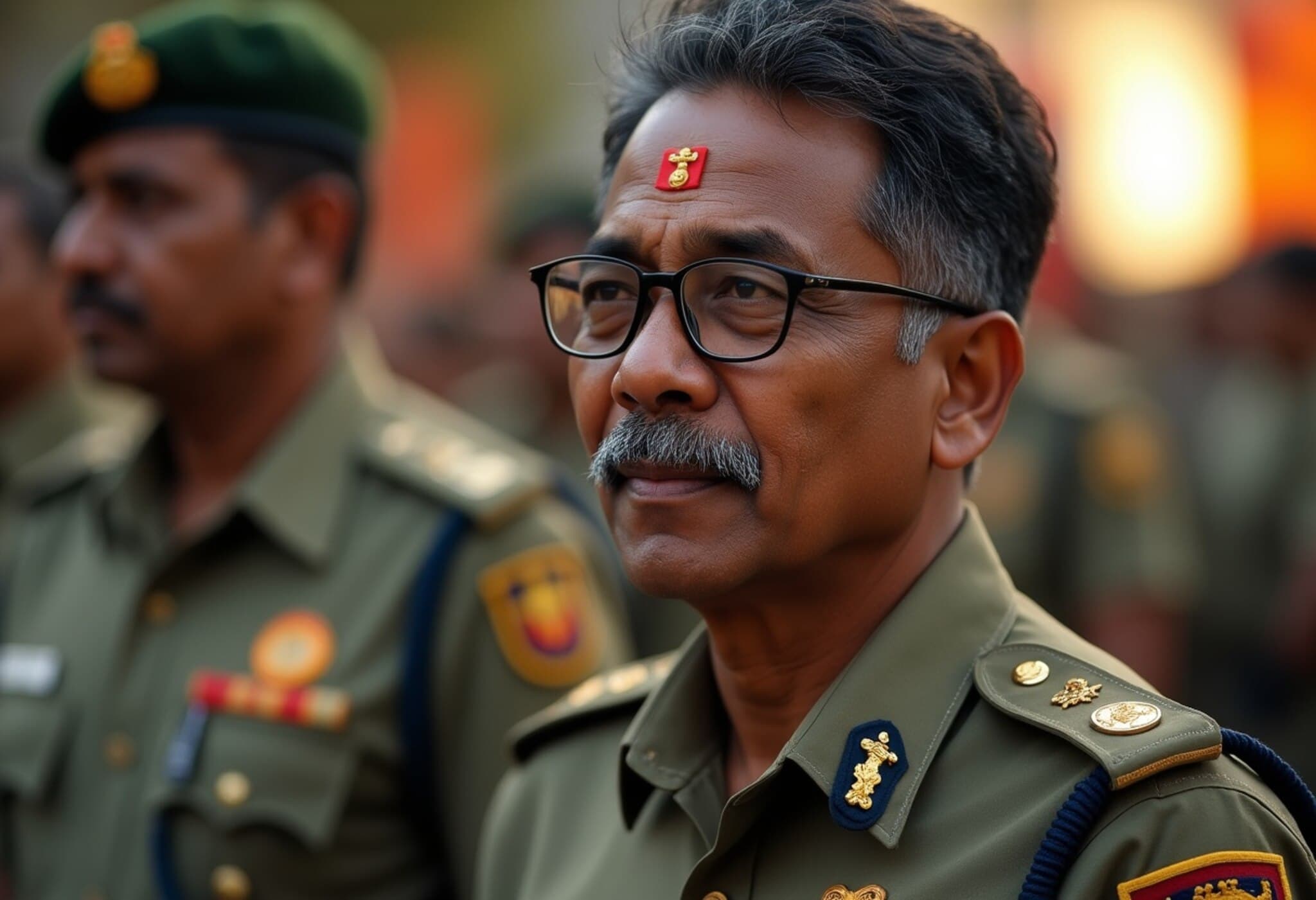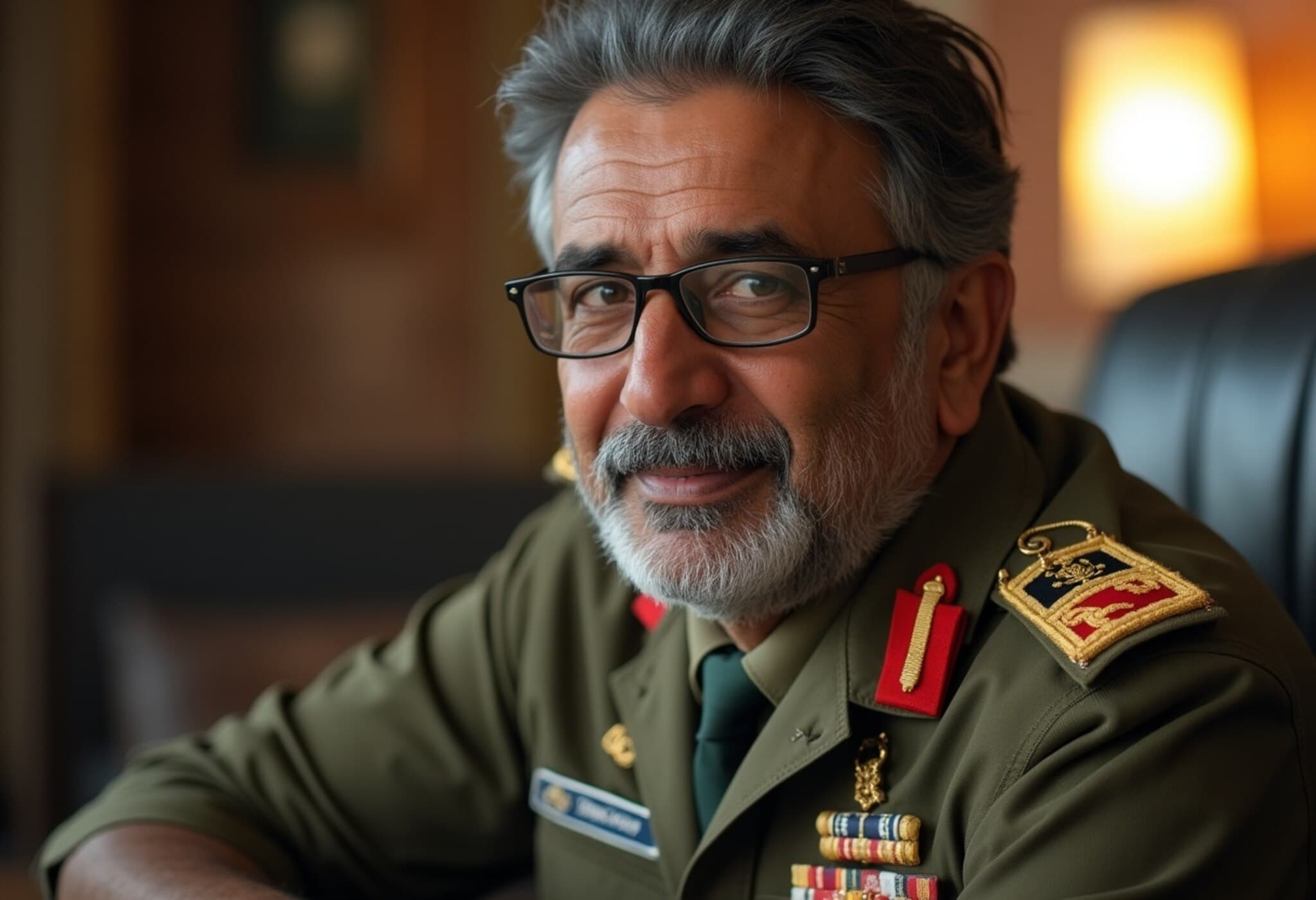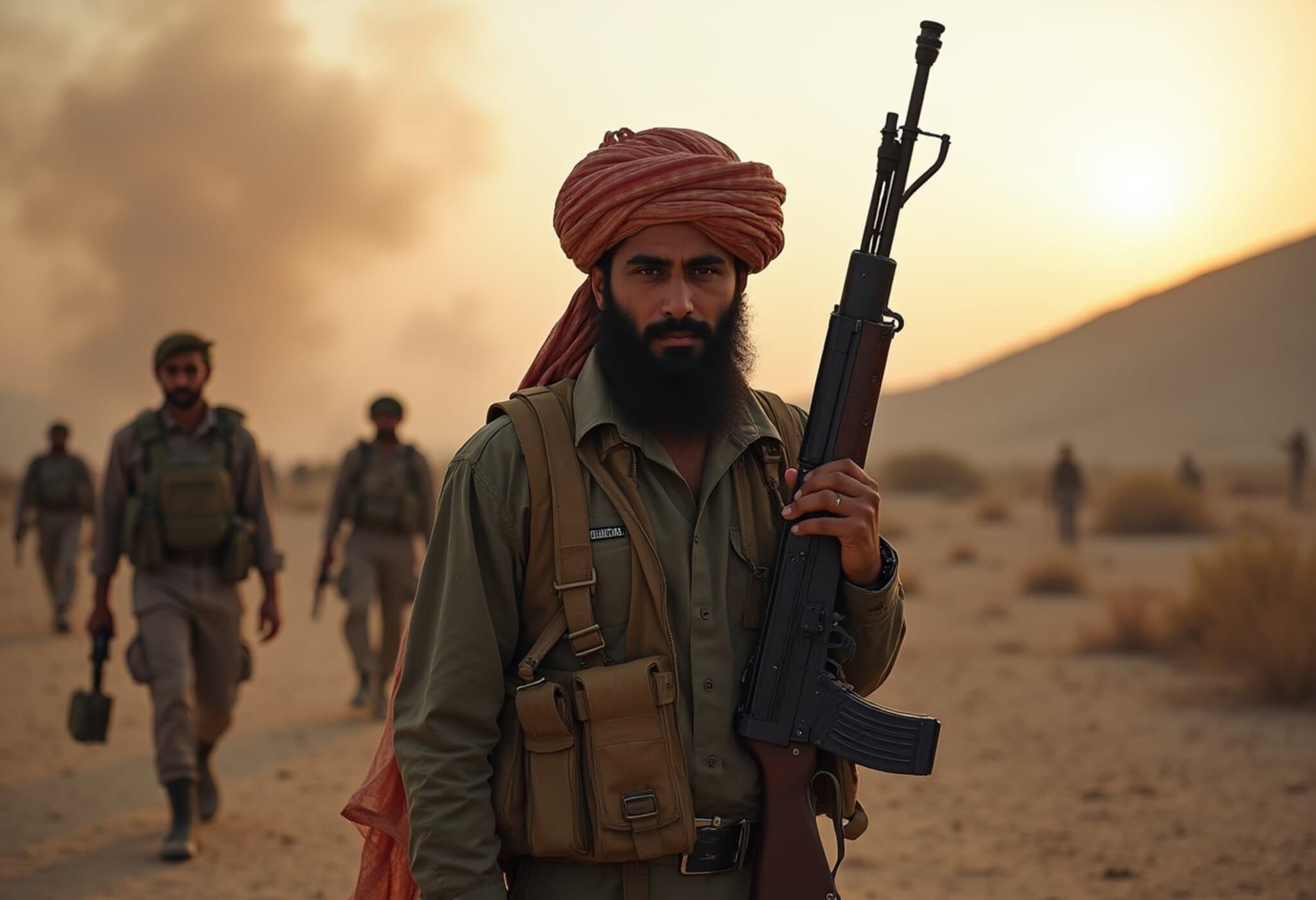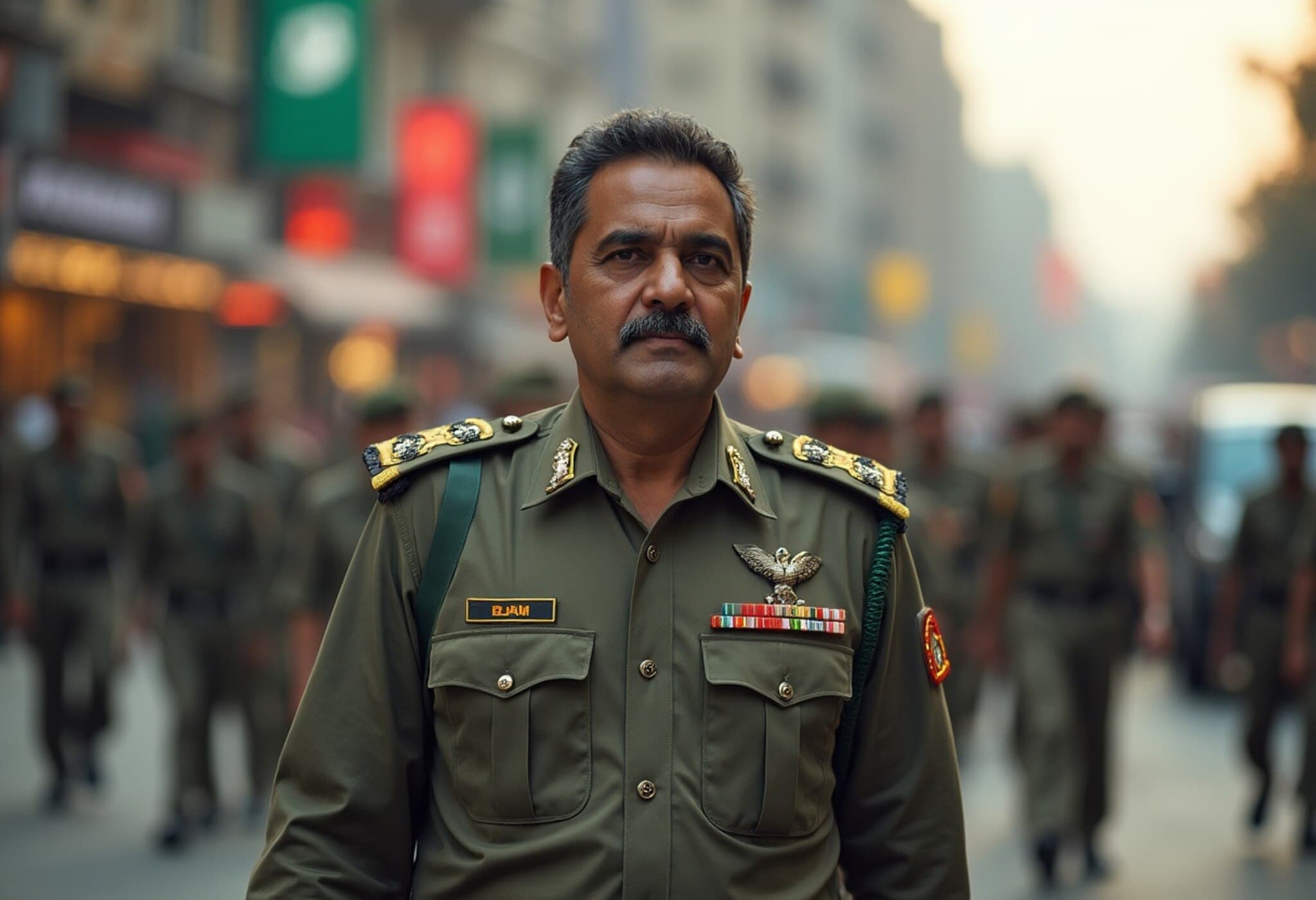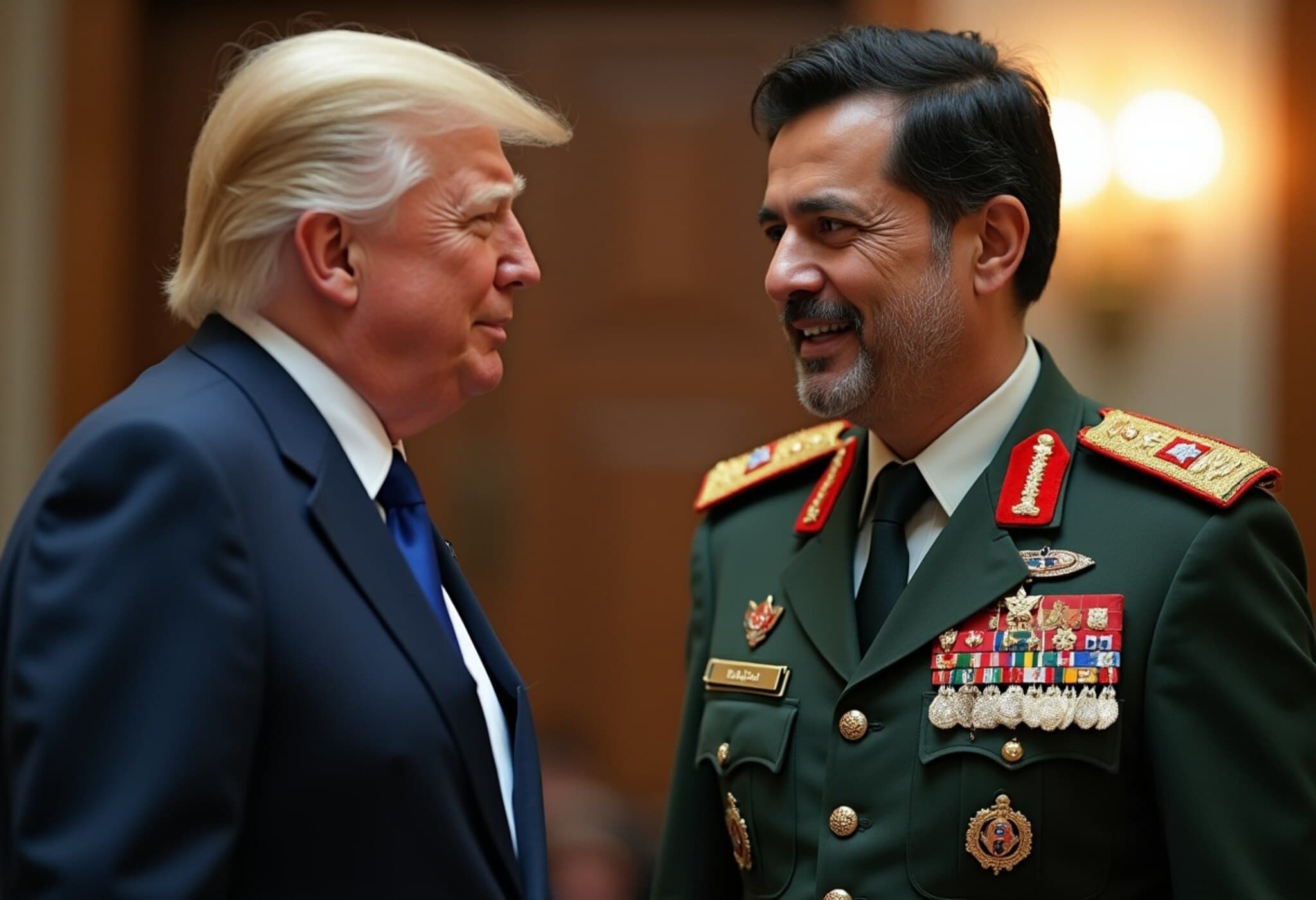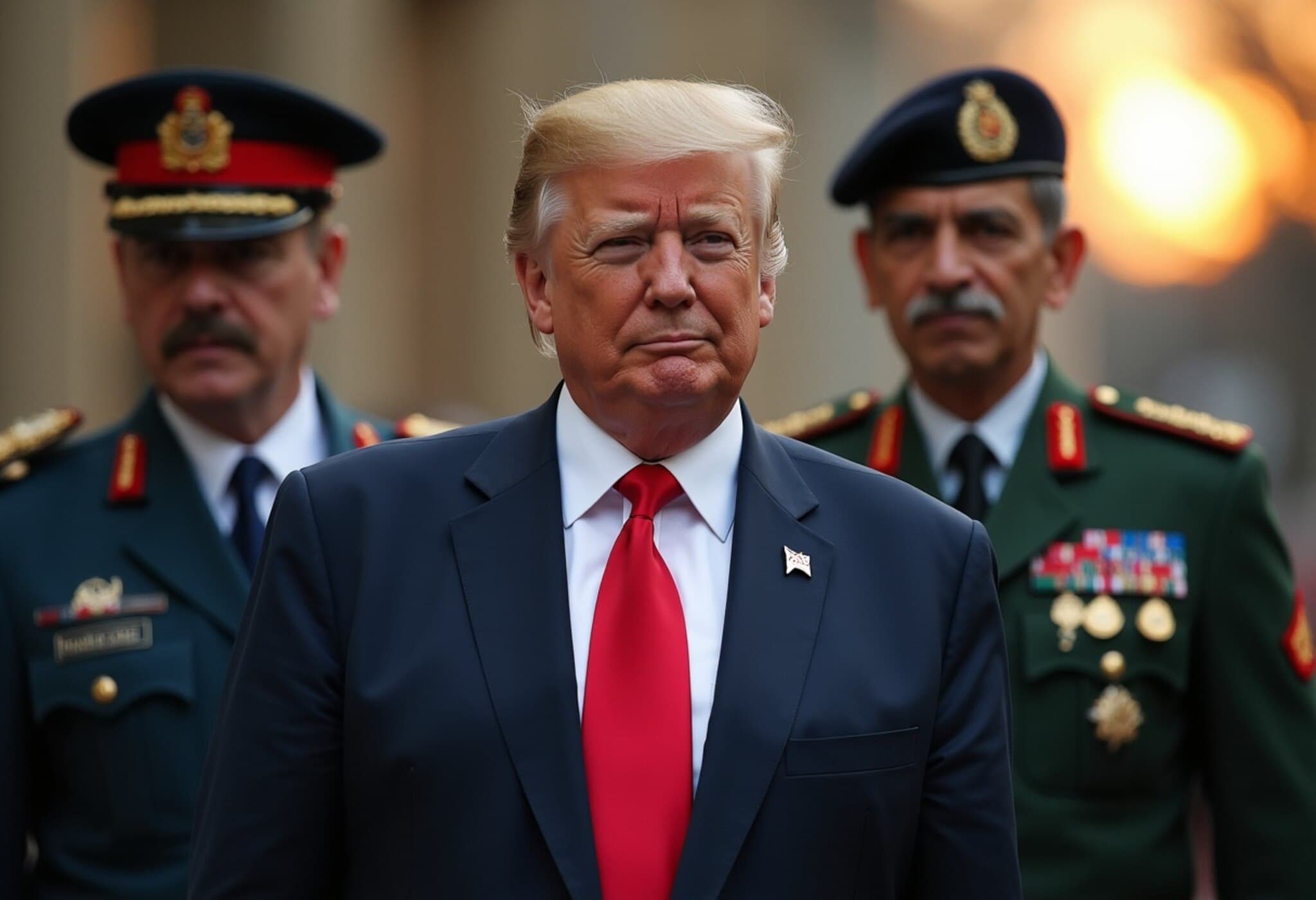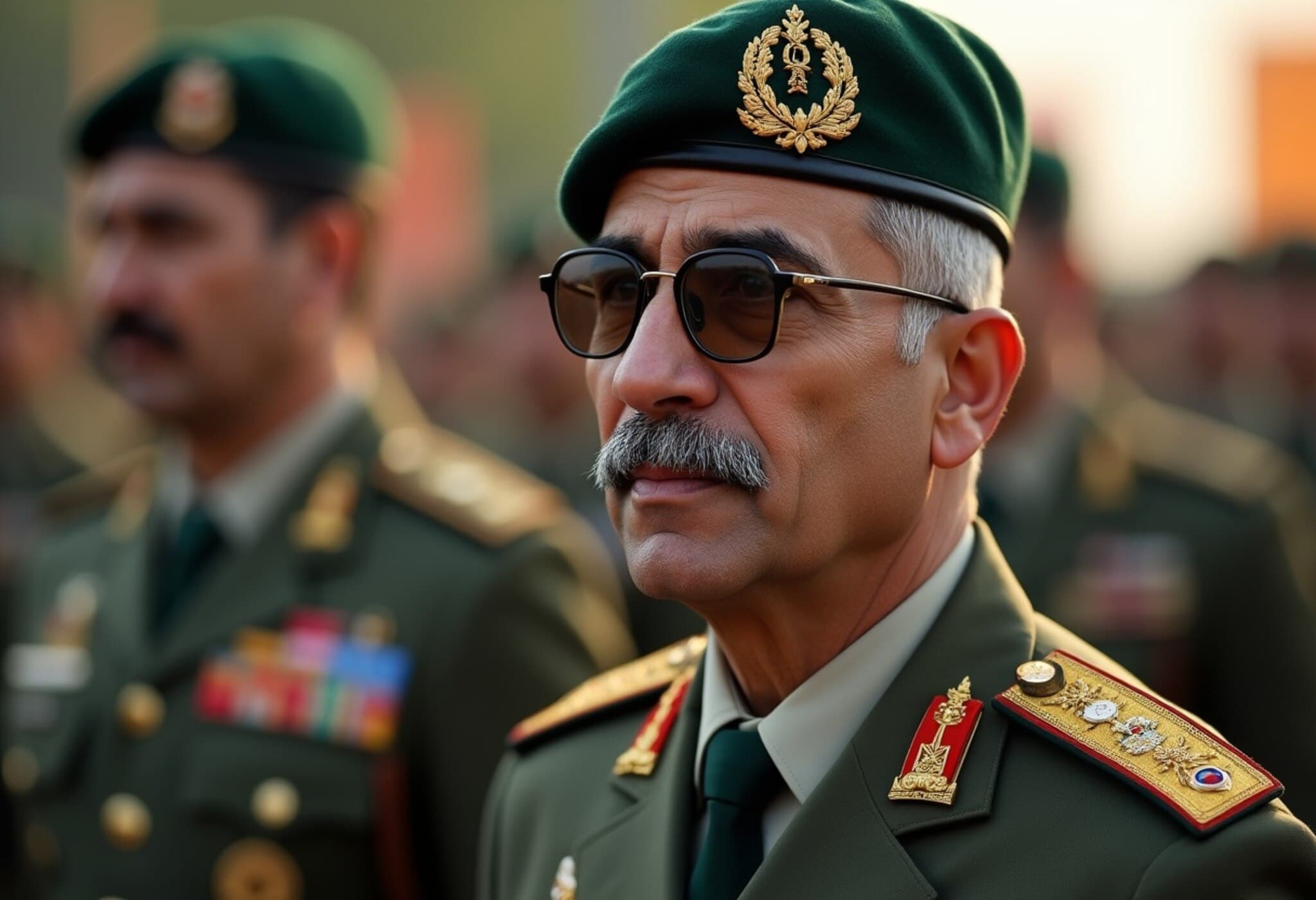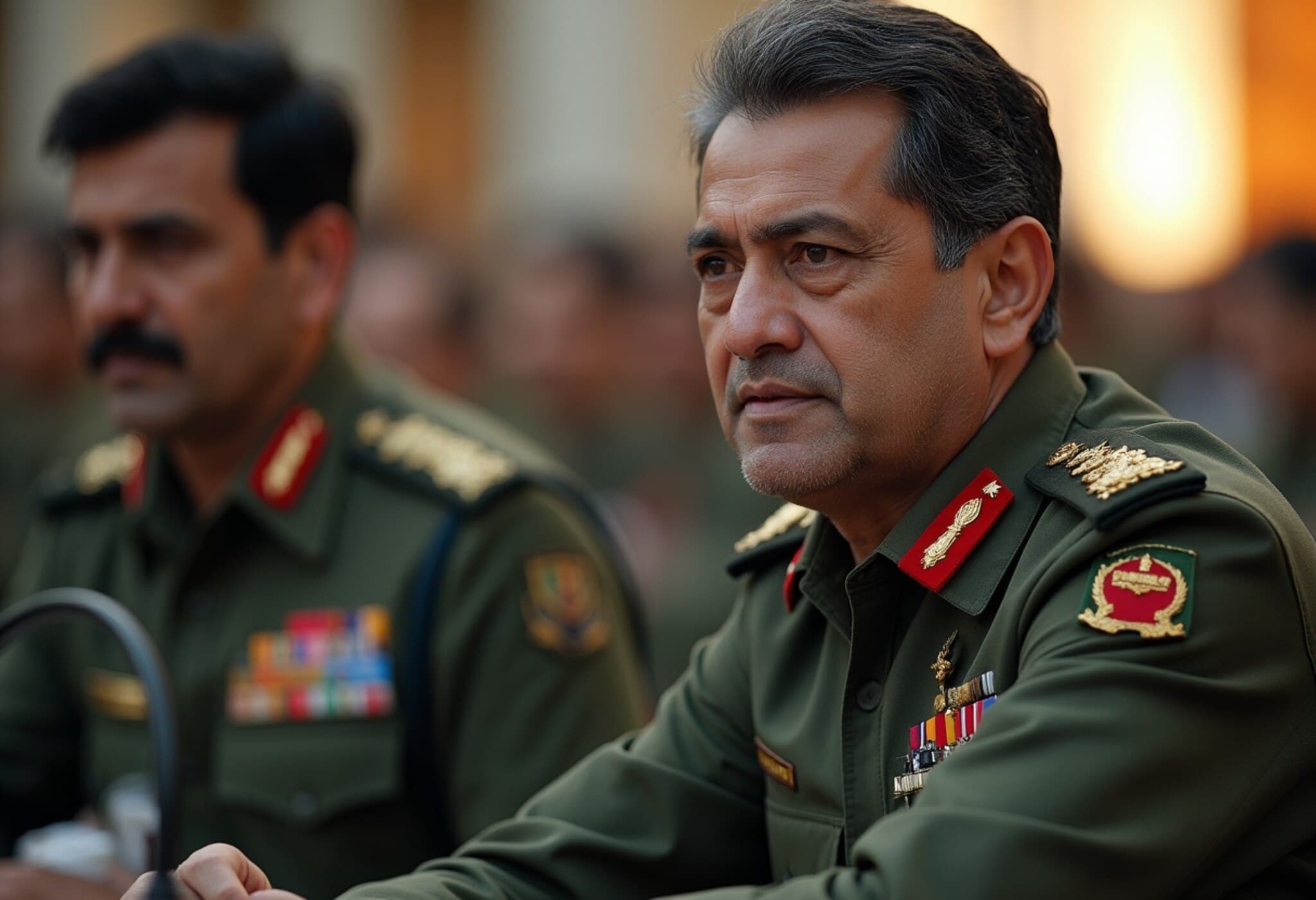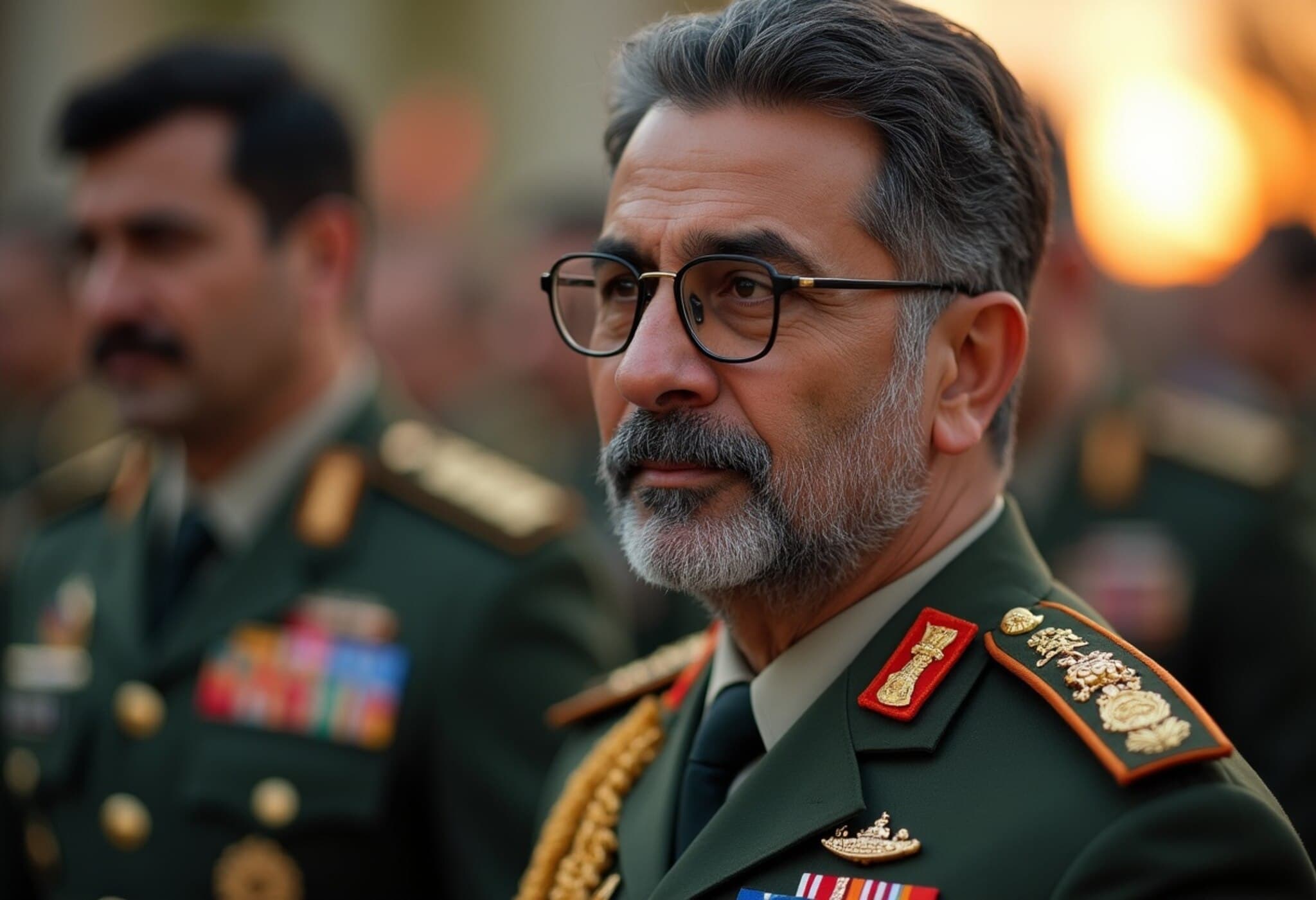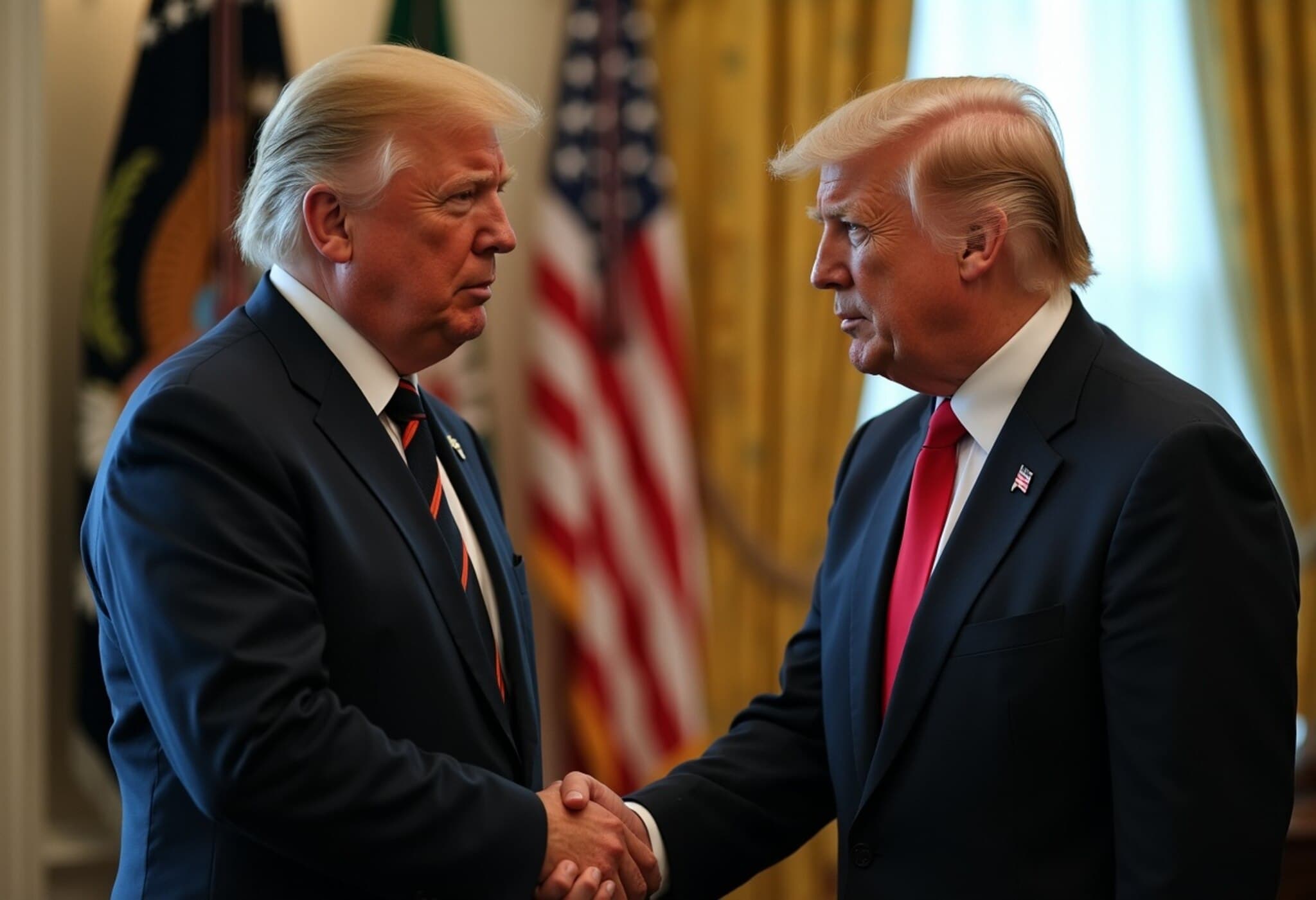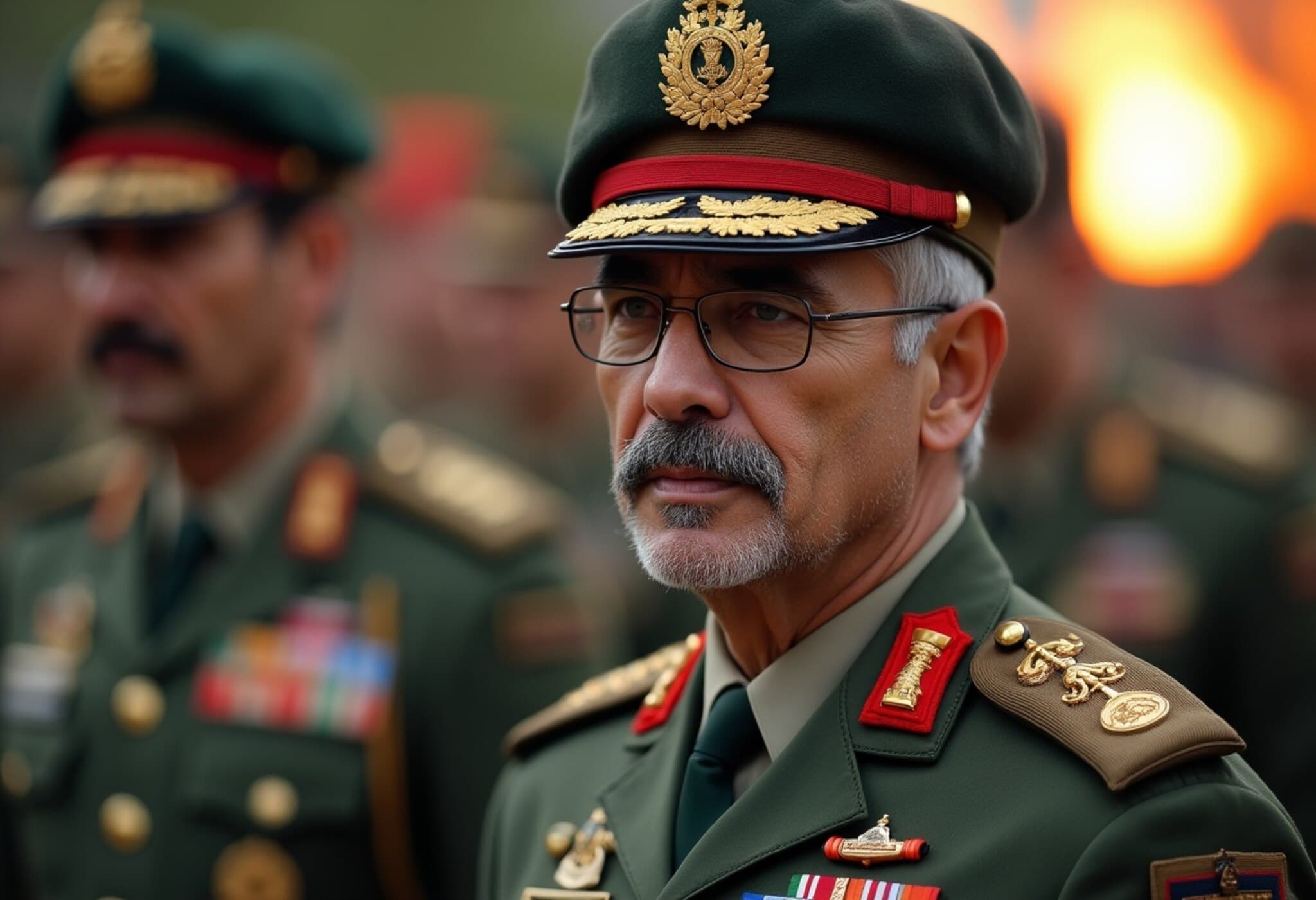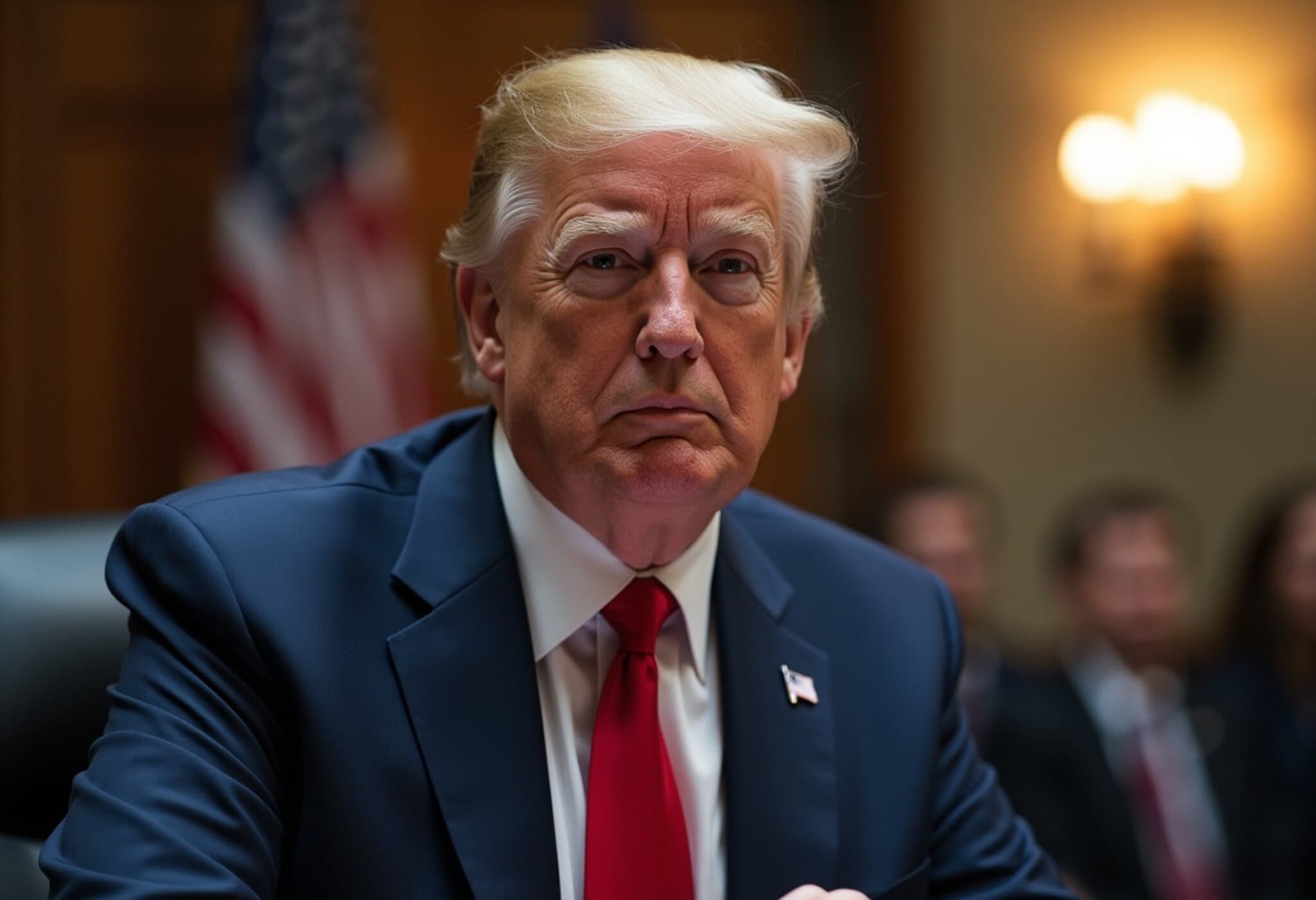Pakistan's Prime Minister Denies Coup Speculations
In a firm rebuttal to circulating rumors, Pakistan’s Prime Minister Shehbaz Sharif dismissed any talk of a military takeover or political upheaval involving Chief of Army Staff (COAS) Field Marshal Asim Munir. Addressing the media on July 12, 2025, Sharif clarified that Munir has no intentions of assuming the presidency, effectively quashing growing speculation about a looming leadership change in Islamabad.
Context: Rising Geopolitical Tensions and Domestic Unrest
The statements came amid heightened tensions between Pakistan and India following a series of deadly incidents earlier this year. The conflict intensified after an April 22 attack claimed the lives of 26 civilians, provoking India to launch Operation Sindoor — targeted strikes against terror infrastructure within Pakistan and Pakistan-occupied Kashmir.
The military campaign, including notable strikes on terror camps such as those in Bahawalpur, a known stronghold for the militant group Jaish-e-Mohammad, has increased security anxieties within Pakistan and fueled speculative political narratives.
PM Sharif's Reassurance on Military-Civil Relations
Sharif firmly stated, “Field Marshal Asim Munir has never expressed any desire to become the president, nor is there any such plan.” This public declaration is significant considering Pakistan’s history of military interventions in civilian governance, a chronic concern for both domestic audiences and international observers interested in democratic stability in the region.
Interior Minister Mohsin Naqvi also condemned what he called a “malicious campaign” aimed at undermining the trust between Pakistan’s civilian government and military. Naqvi suggested that foreign actors might be strategically disseminating these destabilizing rumors, indicating a broader information warfare dimension to Pakistan’s internal political discourse.
Nuclear Posture and Strategic Stability
Addressing fears about the risk of nuclear escalation between the two neighbors, Sharif emphasized that Pakistan’s nuclear arsenal exists solely for defensive purposes and peaceful use. He dismissed assertions suggesting that Pakistan would engage in nuclear aggression, reaffirming a commitment to strategic restraint even amid intense cross-border hostilities.
This clarifying stance is crucial amidst widespread international concern over South Asia’s nuclear flashpoints, where misunderstandings or provocations could escalate into catastrophic conflict.
Balancing Security and Democratic Governance
Pakistan stands at a delicate crossroads: navigating security challenges posed by militant groups and regional rivalry, while reinforcing the legitimacy and authority of its civilian institutions. Sharp contrasts between rumors of military coups and official denials highlight ongoing tensions in civil-military relations that shape Pakistan’s political landscape.
Observers note that while Field Marshal Asim Munir's recent promotion signifies a consolidation of military stature, there is a clear effort on the government’s part to maintain civilian oversight and reassure both domestic and international actors of political stability.
Expert Commentary: The US and International Perspective
From a US policy perspective, maintaining democratic processes in Pakistan is critical not only for regional peace but also for counterterrorism cooperation and economic partnerships. Analysts warn that unchecked rumors and disinformation campaigns, if left unaddressed, risk undermining confidence in Pakistan’s governance, potentially leading to increased instability.
Experts advocate for enhanced transparency in civil-military dialogue and continued diplomatic engagement to mitigate conflict risks and support Pakistan’s democratic resilience amidst challenging geopolitical dynamics.
Looking Forward
As Pakistan grapples with ongoing security threats and the shadow of political rumors, the government's prompt response aims to stabilize the narrative and reinforce institutional trust. The unfolding developments bear close watching, particularly as Pakistan approaches upcoming electoral cycles and navigates its complex relationship with India.
Editor's Note:
Shehbaz Sharif’s unequivocal denial of military ambitions by Field Marshal Asim Munir offers a vital reminder of the fragile balance between military influence and civilian rule in Pakistan. While rumors can quickly sway public sentiment and foreign perceptions, transparent communication from leadership plays a pivotal role in safeguarding democratic norms. This episode also underscores the importance of scrutinizing information sources and recognizing how foreign and domestic actors may exploit narratives to shift political equilibrium. For readers invested in South Asian geopolitics, these dynamics highlight the need to watch not just military actions but also information flows shaping regional stability.

